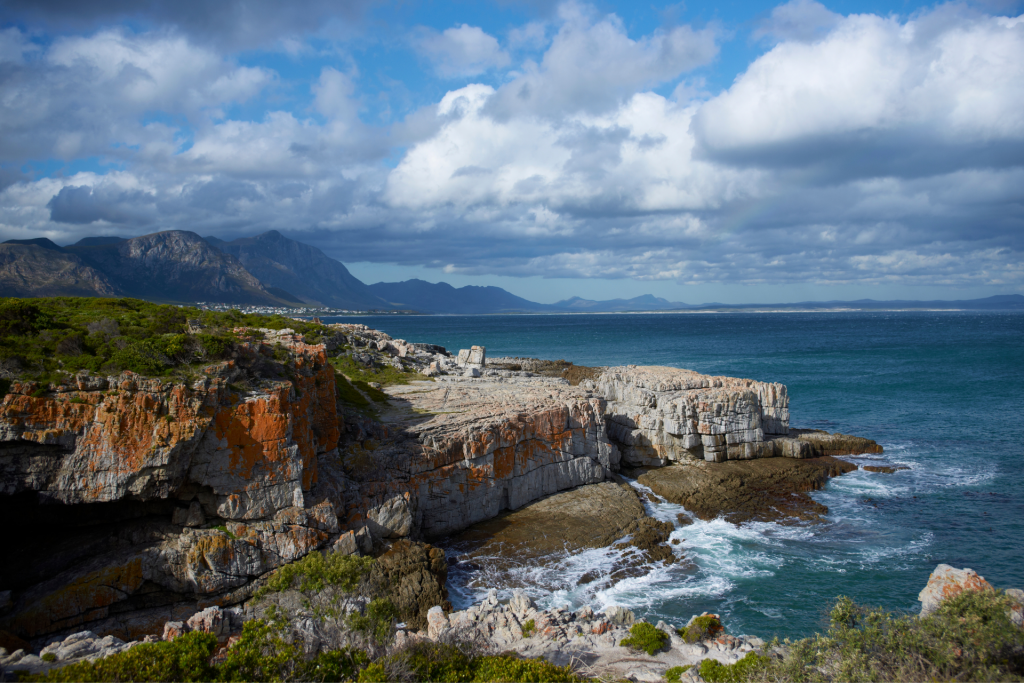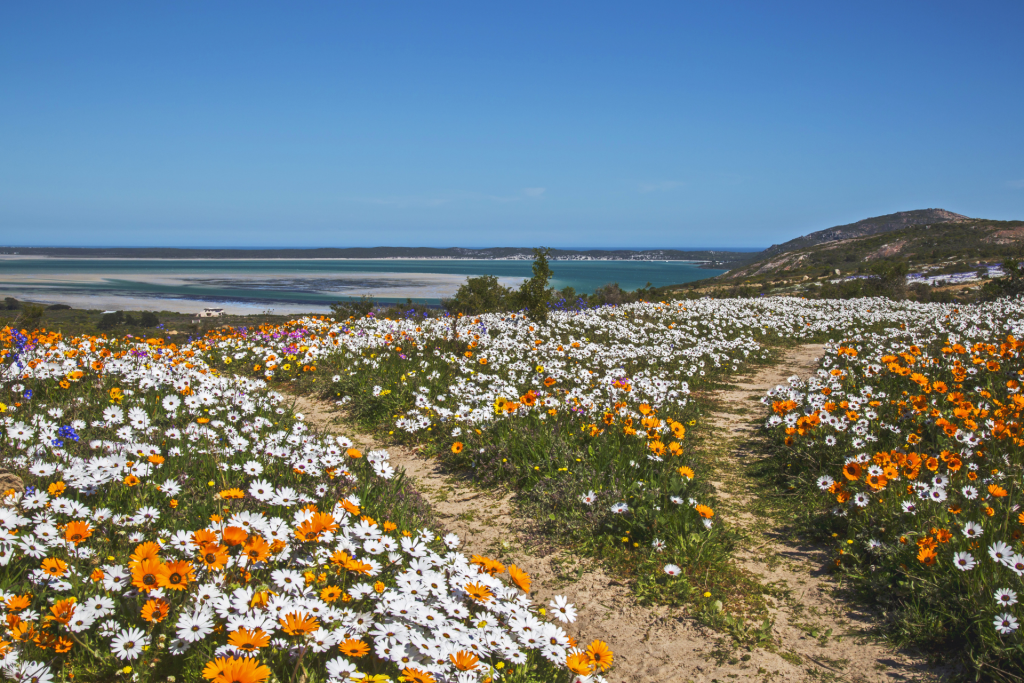The Beauty of the Western Cape
Cape Peninsula
Cape Town, situated on the shore of Table Bay, was set up by the Dutch East India Company (VOC) as a refreshment station for passing Dutch ships on the lucrative trade route to the east. Since then, the city has outgrown its original purpose and blossomed into an economic and cultural hub.
The city is famous for its natural wonders like Cape Point and Table Mountain. A scenic drive along Chapman’s Peak Drive takes you up to Cape Point, while Signal Hill provides a panoramic view of the City Bowl and Table Mountain.
The city’s unique layout allows you to visit multiple beaches in one day, each with its own unique atmosphere. At Boulders Beach you can watch the African Penguin colony, the only nesting penguin species in Africa.
One of the biggest cultural attractions is the V&A Waterfront, where you can shop, enjoy a boat ride, or visit the Two Oceans Aquarium. Close by is the colourful Bo-Kaap, home to slave descendants from surrounding African locations, Indonesia, and Malaysia. This is also where you’ll get the most mouth-watering Cape Malay meals.
Fun fact: Napoleon’s favourite wine was made in Groot Constantia, and he would go to any lengths to have it shipped over to him.
Foodies, prepare for a tastebud awakening. The Mother city is a melting pot of cultures, and the food reflects that. From award winning restaurants to farmers markets, we have it all.
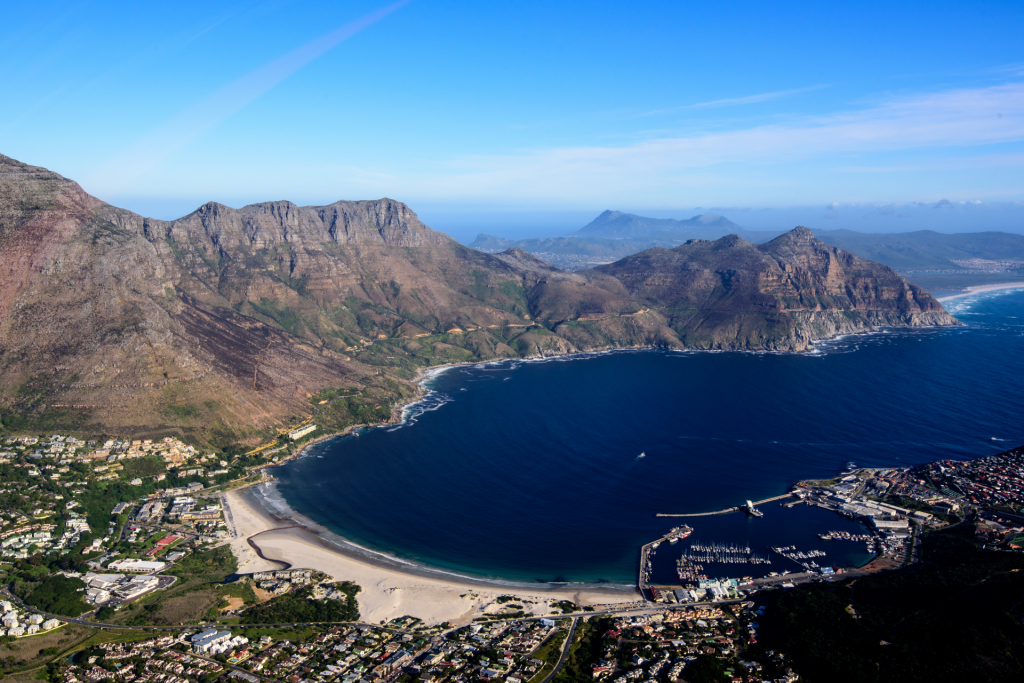
Cape Peninsula Day Tour
Table Mountain, CBD, Waterfront to Camps Bay
Cape Peninsula and winelands
Overberg - Hermanus
On your way into Overberg, a slight detour takes you to the Hemel en Aarde Valley, forming part of the wine route. It is scenic and refreshing, an escape from the hustle and bustle.
Your first stop in Overberg must be Hermanus. Now one of the best land-based whale-viewing destinations globally, Hermanus began as a simple fishing village.
In the 1800s, Hermanus Pieterse, a shepherd and schoolteacher, looked for better grazing for his sheep. He stumbled upon the area, named Hermanuspietersfontein initially, the town’s postmaster simplified the name, and it came to be called Hermanus. With its Mediterranean like climate and pollution-free champagne air, Hermanus is a not-to-be-missed destination in the Western Cape.
A little way down the coast, you come to Gansbaai, the unspoiled gem of Overberg. It is a quiet town, popular with artists seeking solace as it offers respite from the bustle of the city, even at its busiest. The warm and friendly people and shark cage diving at nearby Dyer Island attract many, and during the Easter and Christmas seasons, people flock to Gansbaai.
At the southernmost spot in Africa lies L’Agulhas. The town overlooks where the Indian and Atlantic oceans meet, a tumultuous point with 150 ships lying wrecked along its coastline.
The West Coast
The Cape West Coast is a pristine stretch boasting untouched beaches, mountain ranges and a springtime carpet of colourful wildflowers.
The first port of call is Yzerfontein, home to the longest uninterrupted sandy beach on the South African coastline, 16 Mile Beach.
Stretching from Yzerfontein to Langebaan, the West Coast National Park is an immaculate nature reserve. It shelters over 200 birds and other game species. The Park contains islands, beaches, and salt marshes, providing a picture-perfect environment for biking, kayaking, whale-watching and game-viewing.
North of the Park, set on the shores of the Langebaan lagoon and known as the “Jewel of the West Coast”, lies Langebaan. Prized as a retirement and holiday town, Langebaan maintains its appeal by banning industrial businesses in the area.
Dreamy and serene, we come to Paternoster, one of the last traditional fishing villages left on the West Coast. The local community are humble and welcoming, and this quaint authentic village entrances all who visit it. If you are a foodie, Paternoster is the place for you. Its rustic seaside restaurants bring the daily catch straight from the ocean to your plate.
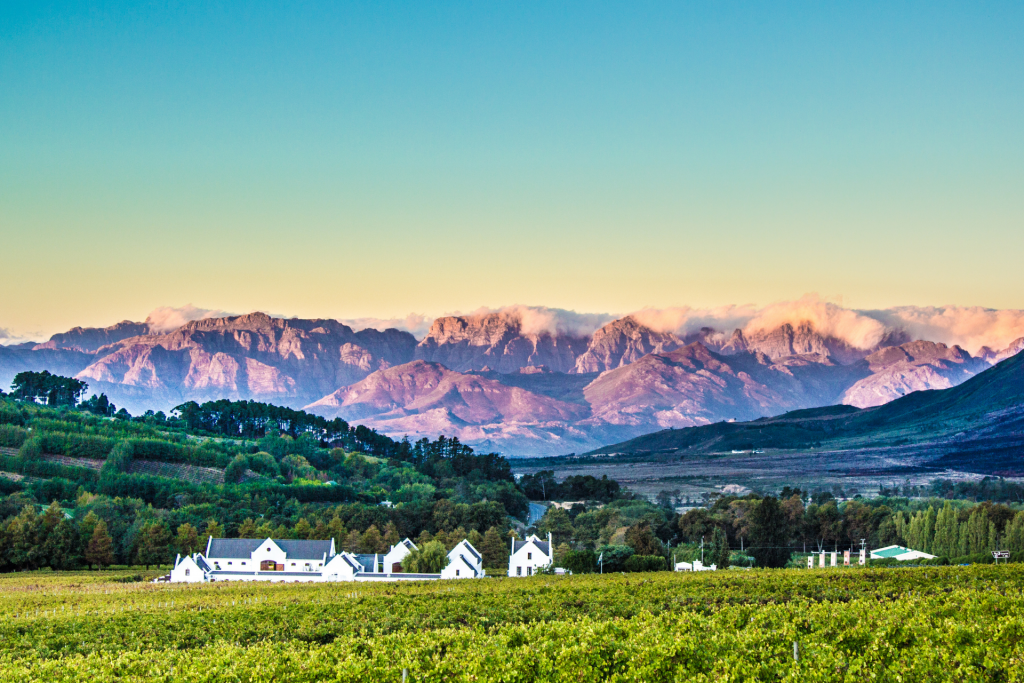
The Cape Winelands
Nestling beneath the Cape fold mountains, the Cape Winelands consist of small historic towns, villages, and farmsteads. This area is the largest winemaking region in South Africa and produces some of the world’s most esteemed wines.
The land is rich and gives way to the farming of olives, dairy, and honey. This selection of locally sourced olives, cheese, and honey incorporates into the offerings of the wine estates. From casual picnics to ala carte dining, your tastebuds will not regret a visit to the Cape Winelands. Many wine estates even offer children’s entertainment so that you can indulge with peace of mind that the kids are in good hands.
F.A.Q.
Our most frequently asked questions about our Cape Town tours.
Yes, we most certainly are and we would love to partner with you to take your tourists on a journey they’ll never forget!
Yes, our tours are small and intimate allowing minor changes where possible.
We can assist solo travellers, however it would be more cost effective to travel in groups of 2-4
Tours are on average 8-9 hours in duration.
The fact that there are over 500 wineries in the Western Cape and I probably wont get to see all of them in my lifetime 😅
